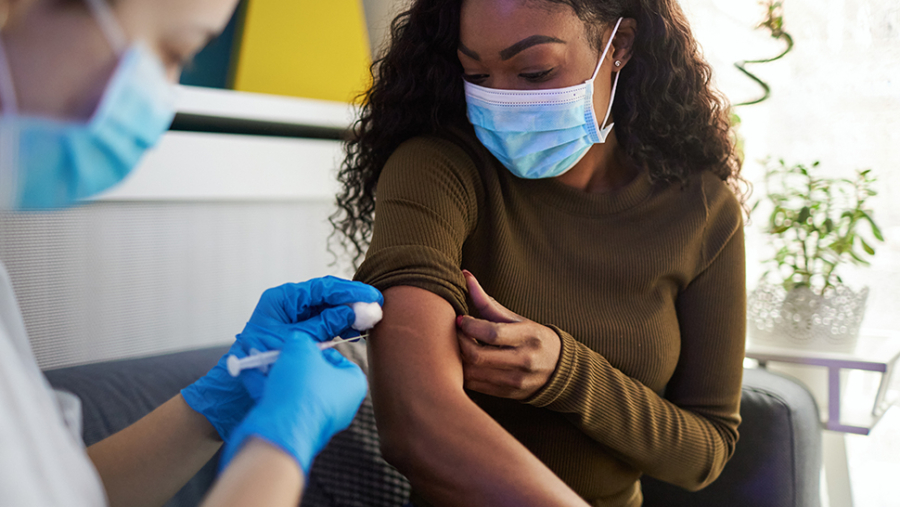

The Covid-19 vaccine booster is currently being rolled out across the country. Everyone who receives a coronavirus vaccine or booster will be required to give consent. There will be many people who lack the mental capacity to understand what coronavirus is and whether they should have the vaccination or booster. There could be many factors affecting their decision or ability to make a decision, such as their health, beliefs and values.
The vaccine and booster are optional. When making a decision for someone else, if you are acting as their attorney under a registered Health and Welfare Lasting Power of Attorney (LPA) it is important that you understand what is involved in making a best interest decision for the incapacitated individual. Any decision must be in accordance with Section 4 The Mental Capacity Act and involve all those responsible with the health and welfare of the individual concerned.
When making a best interest decision on behalf of someone else, all issues must be considered. This includes the person’s past and present wishes and feelings, as far as possible in relation to the decision to be made. It is important for the reasoning behind the decision be noted and carefully considered. It is imperative that an attorney separates their own views when making a best interest decision for another.
Before administering the vaccine, the medical professional must be satisfied that the patient has consented or, if they are unable to consent, that satisfactory consent has been obtained by an authorised person. Ordinarily, a registered Health and Welfare LPA will be registered with the patient’s GP and will be noted on their medical records. This would allow the attorney to consent to the vaccine being given and record that a best interests decision has been made to vaccinate.
It is important to contact the relevant organisations to ensure that they are aware of the LPA before the vaccine is given, in order for the correct people to make the decision. If you have not done so already, we would recommend that you contact the care home or GP to ensure that you are contacted if you are appointed as an attorney for someone who lacks capacity.
When an individual has fluctuating capacity or lacks sufficient capacity to make some medical decisions, the question of declining vaccination is more complex. The attorney should explain the common side effects and contraindications as well as the consequences of the person not receiving the vaccine. The attorney should be able to show how they assisted the person to decide, should the decision be questioned.
If there is a disagreement about whether to vaccinate, an application to the Court of Protection may be needed to determine this issue.
Recent case law suggests that the court will decide that administering the vaccine or booster will be in the person’s best interests and authorise the vaccination. However, there has been a case whereby, as the individual concerned had refused the Covid-19 vaccinations and other vaccinations throughout their life, the court refused to authorise the vaccination. It was a reminder that decision-making must be undertaken on an individual basis, and that the answer is not always that it is in their best interests.










